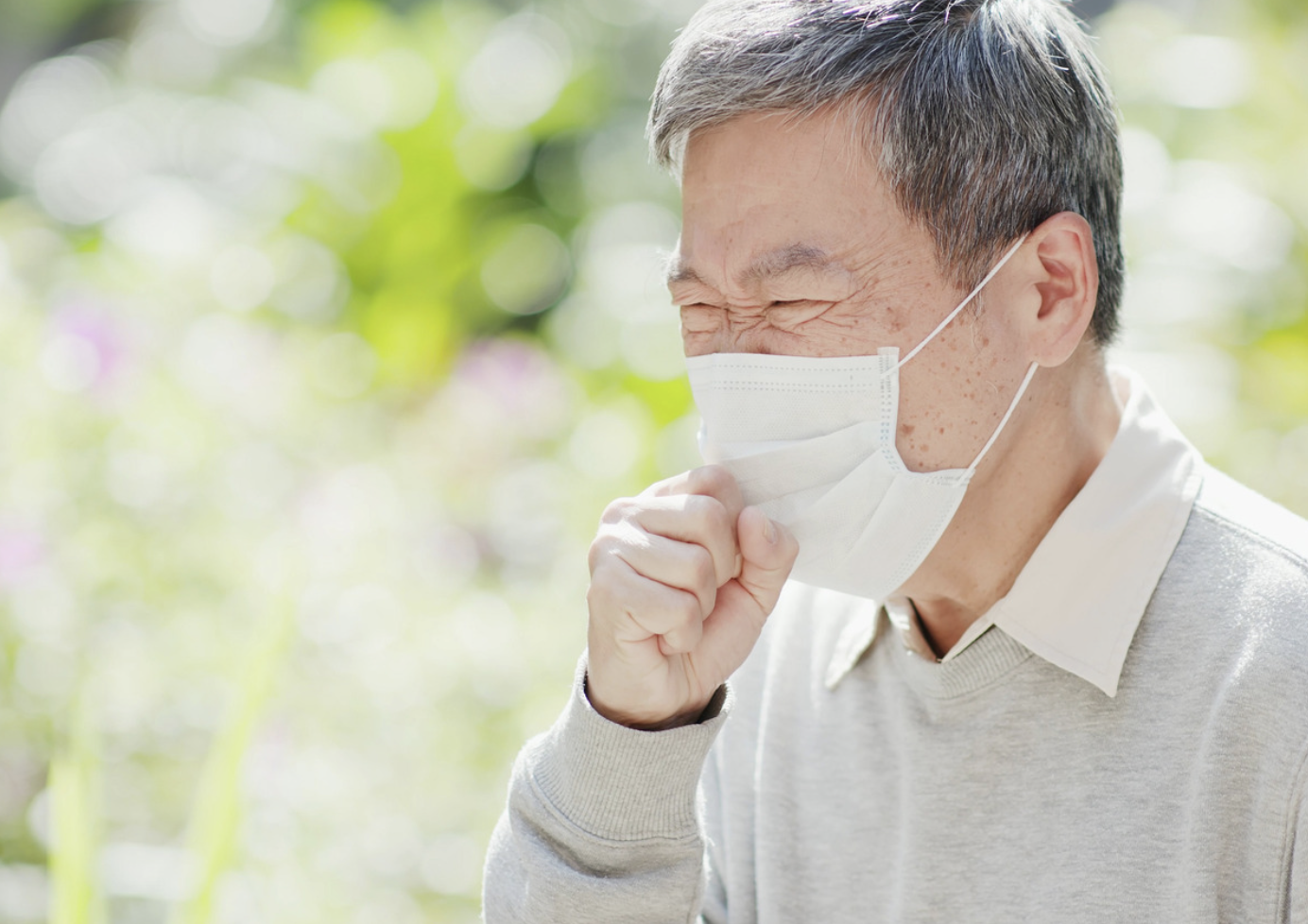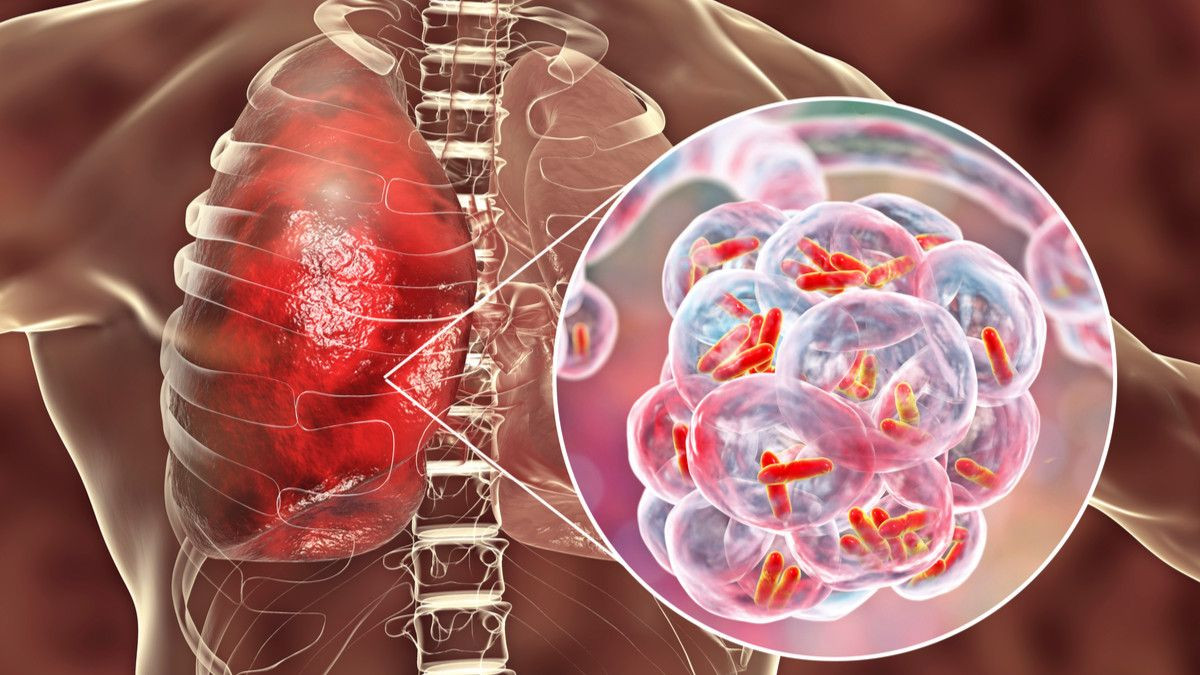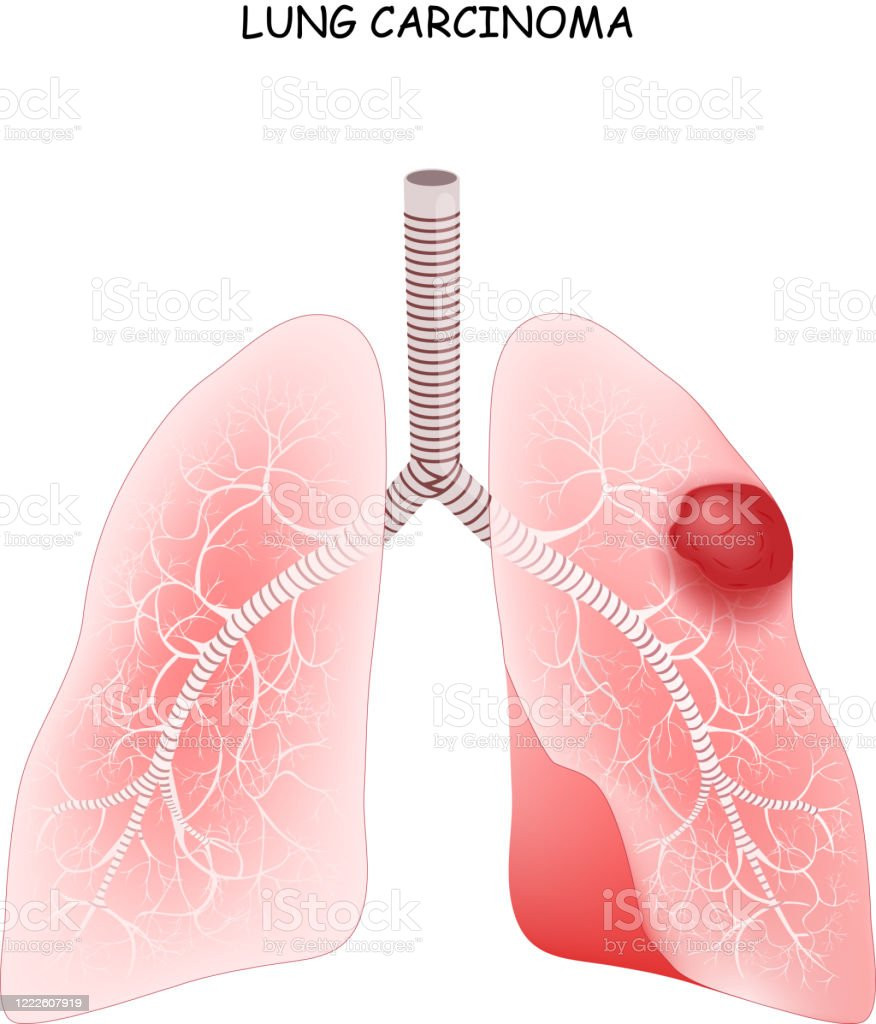Definition
Hemoptysis is coughing up blood that can be bright red, pink, and frothy or mixed with mucus. It may come from different parts of the lungs or respiratory tract.
Blood may appear from elsewhere, for example, from inside your abdomen, and then be expelled from the mouth, so it's important to determine the location of the bleeding source. When bleeding originates from the abdomen and causes you to vomit blood, this is called hematemesis. This condition usually results in darker-colored blood that resembles coffee grounds.
Hemoptysis is a nonspecific symptom, as it can indicate a benign condition, a sign of a malignant disease, or a fatal process that can be life-threatening. However, if the amount of blood expelled during coughing is substantial, seek immediate medical attention for proper management.
Causes
The most common cause of coughing up blood is chronic bronchitis or bronchiectasis. Additionally, several other causes can lead to coughing up blood, including:
- Chronic obstructive pulmonary disease (COPD) (during exacerbation of symptoms),
- Cystic fibrosis,
- Use of certain illicit drugs, such as crack cocaine,
- Presence of foreign objects in the airways,
- Lung abscess (accumulation of pus within lung tissue),
- Lung cancer,
- Parasitic infection,
- Pneumonia,
- Pulmonary embolism (presence of blood clot blockage in pulmonary blood vessels),
- Chest injuries, such as gunshot wounds or motor vehicle accidents,
- Tuberculosis (TB),
- Use of certain blood-thinning medications,
- Abnormalities in pulmonary blood vessels, causing them to rupture.
Risk factor
Several factors can increase the likelihood of hemoptysis, including smoking, exposure to lung irritants in the workplace, not receiving the COVID-19 vaccine, and experiencing accidents causing chest injuries.
Symptoms
The amount of blood expelled during coughing can vary from large to small. Even if the amount of blood expelled is small, it can be a warning sign of a serious condition. Hemoptysis is categorized based on the amount of blood expelled during coughing within 24 hours. However, in some cases, it may be difficult to describe the amount of blood expelled.
- Massive hemoptysis: This condition is generally life-threatening and requires prompt treatment.
- Non-massive hemoptysis: This condition tends to be less life-threatening, and the amount of blood expelled during coughing is not as much as massive hemoptysis. It amounts to approximately one cup of blood expelled during coughing within 24 hours.
- Mild hemoptysis: This condition is defined when you experience coughing up blood for 24 hours and expel less than a tablespoon of blood.
Diagnosis
To diagnose hemoptysis, your doctor will ask several questions about your symptoms and medical history to determine the underlying cause. They will then conduct a physical examination, including assessing the need for intensive care in the ICU.
Your doctor may order several diagnostic tests to confirm the diagnosis and pinpoint the source of bleeding. These tests may include:
- Chest X-ray: This test detects masses or fluid in the lungs that could be causing hemoptysis.
- CT scan: This provides detailed images of your lung condition, often more detailed than X-rays.
- Bronchoscopy: A flexible tube with a camera is inserted through your nose or mouth to examine your airways directly for abnormalities.
- Blood count examination: This checks for abnormalities that may contribute to coughing up blood.
- Urine examination: This helps detect underlying issues related to hemoptysis.
Management
Treatment for hemoptysis depends on the amount of blood expelled and its underlying cause. If significant blood loss occurs, prompt hospitalization, often in the ICU, is necessary. Initial management may involve assisting breathing, oxygen therapy, and positioning to control bleeding. Medications to aid clotting and address the cause may also be administered, and surgery might be necessary in severe cases.
For minor cases, treatment focuses on addressing the underlying condition. Antibiotics or other medications may be prescribed for infections, while smoking cessation may be advised for smokers.
Complications
Hemoptysis can be life-threatening if significant blood loss occurs. Untreated, it can exacerbate the underlying condition.
Prevention
Preventive measures include quitting smoking, maintaining hygiene, wearing masks, and receiving vaccinations against influenza, pneumonia, and COVID-19. At work, use appropriate personal protective equipment to avoid airway irritation.
When to see a doctor?
If you experience persistent coughing up of blood and symptoms like chest pain, weight loss, or shortness of breath, seek medical attention promptly, as this could indicate a serious condition.
Looking for more information about other diseases? Click here!
- dr. Yuliana Inosensia
(Mayo clinic, 2018) Coughing up blood. Retrieved on April 16, 2022 from https://www.mayoclinic.org/symptoms/coughing-up-blood/basics/causes/sym-20050934
(WebMD, 2020) Hemoptysis (Coughing up blood). Retrieved on April 16, 2022 from https://www.webmd.com/lung/coughing-up-blood
(Cleveland Clinic, 2018) Coughing up blood. Retrieved on April 16, 2022 from https://my.clevelandclinic.org/health/symptoms/17696-coughing-up-blood#care-and-treatment
(Mayo clinic, 2018) Bronchitis, Retrieved on April 16, 2022 from https://www.mayoclinic.org/diseases-conditions/bronchitis/symptoms-causes/syc-20355566












